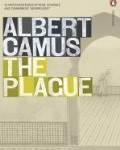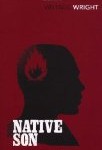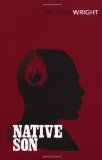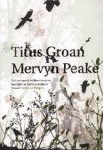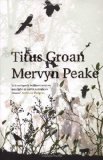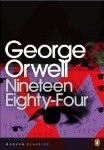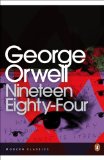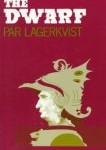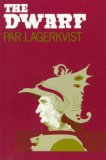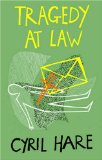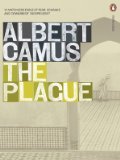 Translated from the French by Robin Buss
Translated from the French by Robin Buss
Five words from the blurb: people, plague, death, isolation, fate
Albert Camus is one of those authors that has always intimidated me. I assumed his writing would be complex and difficult to understand, but eventually my love for disaster based fiction won through and I decided to give The Plague a try. I was surprised by how readable the book was, but disappointed that it lacked the psychological insight I was hoping for.
The book describes the way the Algerian town of Oran copes when a deadly plague breaks out. The first section, describing the emergence of the plague, was promising – it contained intrigue, tension and a dark sense of foreboding.
Everybody knows that pestilences have a way of recurring in the world; yet somehow we find it hard to believe in ones that crash down on our heads from a blue sky. There have been as many plagues as wars in history; yet always plagues and wars take people equally by surprise.
Unfortunately everything went downhill after that. The narrative was written in a calm manner that distanced the reader from the distress that individual families went through. The authorities implemented sensible precautions to prevent the spread of the disease, the people coped surprisingly well and everything seemed under control. Perhaps I’m weird in wanting a bit of panic/disaster to spice things up?
The writing quality was very high, but it felt dated. The public behave very differently now and so it was a glimpse into the past rather than a prediction of the future. The main aim of the book appeared to be analysing the way a population would behave under the threat of an epidemic, but since its publication in 1947 many other books have covered the subject. It may well have been ground breaking on publication, but as a reader in the 21st century it was all well-trodden ground – books like Blindness cover the topic in a much more thorough/eye-opening way.
The book occasionally went off on a tangent, preaching about the inadequacy of religion. These sections felt a little out of place amongst the rest of book and may offend those with a strong faith.
The entire book contained a depth that would reward the re-reader, but I’m afraid it didn’t inspire me enough want to do this. I’m pleased that I’ve read The Plague, if only to see the development of the genre, but unfortunately this isn’t a book that stands the test of time.

.
Have you read The Plague?
Have any of his other books aged better?
